Writing & Citing
Avoiding Plagiarism
What is plagiarism?
At its most basic level, plagiarism is using someone else's work without giving them credit. Not cool.
How can I make sure I'm not plagiarizing?
The most common method of avoiding plagiarism is to make sure you correctly cite the resource whenever you summarize, paraphrase, or quote something you didn't write. The easiest part of this is citing quotes: If you've used quotation marks (" "), make sure you have a citation immediately after them (how you do that citation is determined by your style guide - read on!). Paraphrasing is when you take someone else's sentence and reword it in your own words with the same meaning; this is a useful tool, just make sure you cite that, too, since the idea is someone else's. Summarizing is a little harder because it can involve multiple sentences where you succinctly shorten someone else's idea; this still needs to be cited, even though you're using your words (it goes back to whether or not it's your idea).
Do I really need to cite that?
When in doubt, cite it. If you're using someone else's words or ideas, give them credit. If you cannot say with absolute certainty that it is your original idea and words, then you should cite it to be safe.
Resources
- The Writer's Handbook: Avoiding PlagiarismUniversity of Wisconsin - Madison
- Last Updated: Apr 18, 2024 9:47 AM
- URL: https://sagu.libguides.com/writingciting
- Print Page
